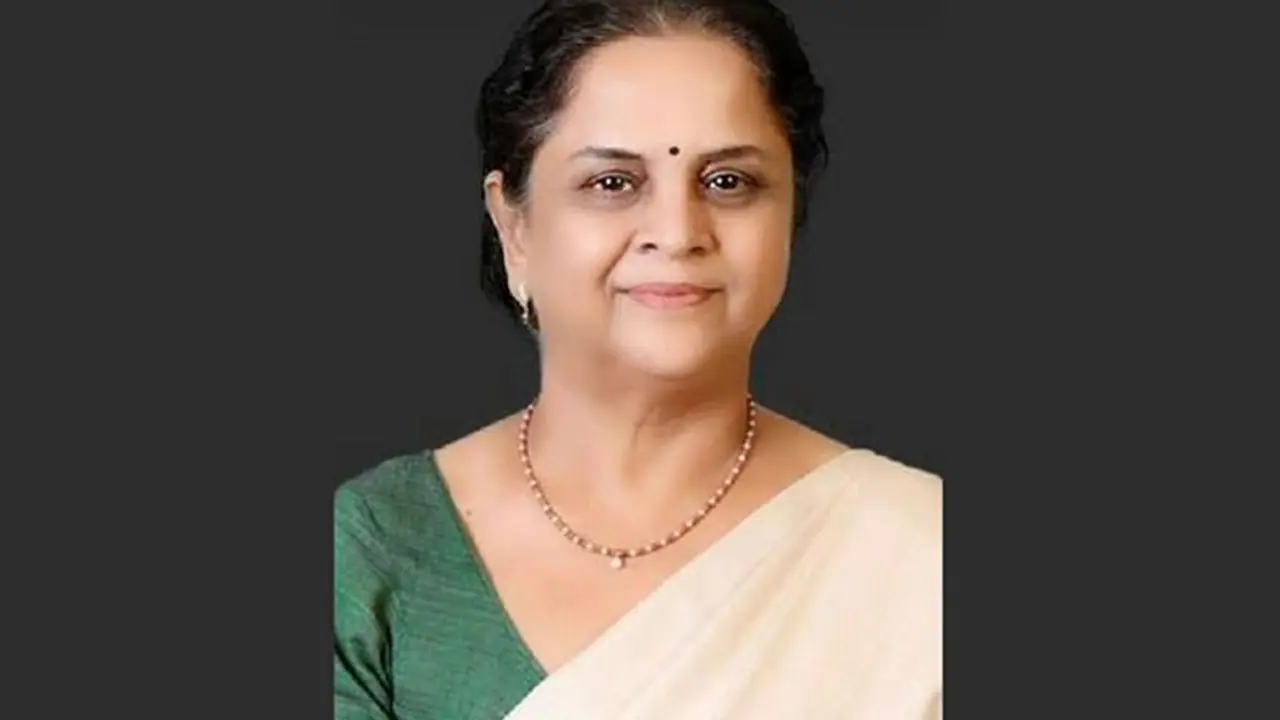The Indian iGaming industry is undergoing a sea of change post the implementation of 28% GST in 2023.
Dr. Aruna Sharma (Practitioner Development Economist & Retd Secretary GoI) spoke about the rise of a regulated iGaming market in India in an exclusive interview with European Gaming during the biggest iGaming event – ICE London 2024. An interest in a developing iGaming industry in India was spotted during panel discussions: iGaming professionals across all sectors of the global industry emphasized the anticipation for significant progress in India's regulatory landscape, particularly regarding the iGaming industry.

The popularity of iGaming platforms has been fueled by factors such as increasing internet penetration, smartphone accessibility, and a growing youth demographic eager to explore digital entertainment options. Within India and internationally, the online gaming industry has provided budding tech developers and entrepreneurs with job opportunities while fostering innovation to keep up with the growing demand for artificial intelligence and other immersive gaming experiences.
The Indian iGaming industry is undergoing a sea of change post the implementation of 28% GST in 2023. The industry witnessed rapid growth of CAGR of 28% between 2020-2023. However, post the implementation of GST, the sector, which was once a shining beacon of growth, has been struggling.
The concern expressed: The Impact of Taxation
The surge in popularity of online gaming as a form of entertainment has not only contributed to revenue generation (direct and indirect tax), but has also fostered innovation, providing employment opportunities for tech developers and entrepreneurs. The regulatory and taxation reforms implemented by the government in 2023 have laid the groundwork for accelerated growth in 2024, promising to unlock a multi-billion dollar market. However, regulatory uncertainty and high tax rates remain significant hurdles in attracting investments and fostering industry growth.
According to an article published by iGB in October 2023 highlighted that the tax was one of the main reasons why gambling giants such as Super Group, Betway and Bet365 have decided to stop operating in India. Destructive tax policies have resulted in international iGaming companies avoiding investment in India, thereby sending a discouraging message to potential foreign investors. Furthermore, the iGaming industry is subjected to notices by taxation authorities and regulators due to delays in the release of distinguishing parameters and also the formulation of SRB.
International iGaming companies have always expressed their willingness to adhere to taxation regulations, operate within a regulated and transparent market, generate employment opportunities, and invest in India's economy and workforce. Consequently, they have consistently advocated for establishing comprehensive regulation and taxation frameworks.
Yet another article in October 2023, by Economic Times highlights that the Indian government authorities served tax notices to the tune of Rs.1 trillion - imposing retroactive taxes from 2017. These taxes have become a nightmare for iGaming companies making overall operations unfeasible and leading to job losses, expenditure cuts and reduced incentive for iGaming platforms and start-ups to innovate.
The Necessity for Balanced Regulation
Dr. Sharma, in the interview, highlights a few other challenges faced by the iGaming sector including a lack of clear and comprehensive regulations for the iGaming sector in India creating uncertainty for operators and investors, an increased need for responsible gaming and gambling practices. Issues related to addiction, underage participation, and fraud prevention must be addressed to ensure a safe and secure gaming environment.
Dr. Sharma also states that regulations always bring transparency and ensure there is no misleading advertising or non-payment of legal taxes. Additionally, regulations such as the IT Amendment Rules, 2023 have ascertained a robust grievance redressal mechanism by provisioning of setting up of the SRBs and SROs.
Furthermore, the industry expressed concern that it is also essential to address put forth by foreign iGaming companies, e.g., the Indian government should establish an adequate and stable regulatory and tax system. The delay in regulation and lack of clarity are pushing the industry into gray areas.
Dr Sharma explained that matter is sub-judice on taxation and at this moment of time there is stay hence no injury caused and clarity is expected once the Supreme Court dwells on the same.
Future Prospects and Outlook
Looking ahead, 2024 is poised to clarify rule-making processes and foster a stable policy environment conducive to industry growth. It is understood that, like any other sunrise sector, online gaming also could bring rapid growth in revenues and profits for both public and private entities. However, addressing these challenges requires a collaborative effort from industry stakeholders, policymakers, and state and central governments. SROs are already formulated and have their code of conduct to move towards responsive gaming. Innovators are focusing on developing i-Gaming with filters of age, time spent and amount invested. The new i-Gaming in eSports, for learning skills in arithmetic, language in a fun way are helping towards bridging the digital divide. Misleading advertisements of i-Gaming as an instrument for quick money making is to be curtailed and the investors should appreciate the distinction between the game of skill with that of game of chance.
Thus, a balanced and stable regulatory framework could provide international iGaming companies with certainty and confidence in paying taxes, doing business in a regulated and transparent market, creating jobs and investing in the country and its people.
Disclaimer: This is a featured content
